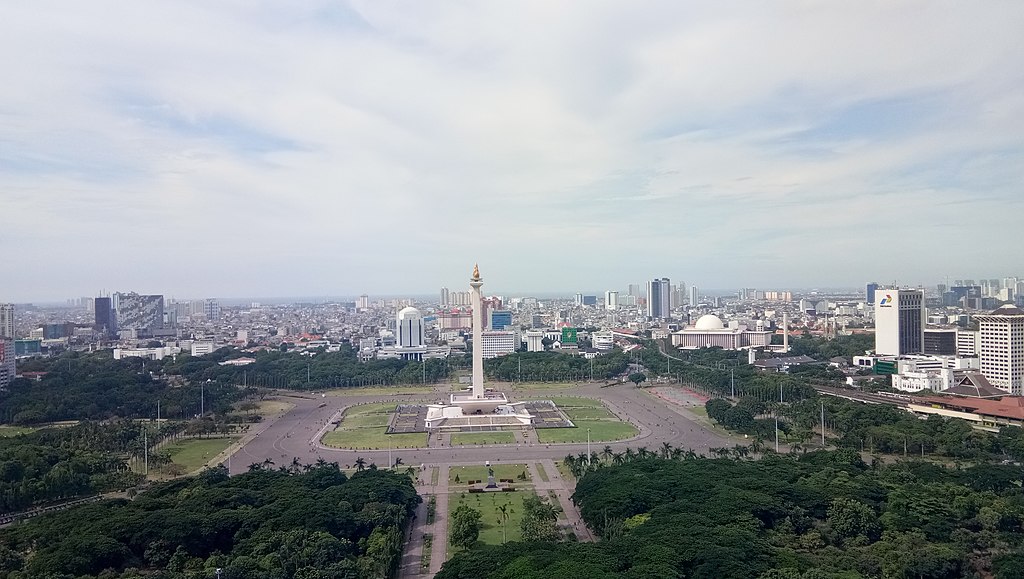Indonesia says US must invest amid critical minerals race

Developed nations such as the US need to invest in countries with vast reserves of critical minerals to reduce supply chain risks as these commodities are “the new oil” driving geopolitics, according to Indonesia’s Deputy Foreign Minister Pahala Mansury.
Advanced countries need to see where the geo-economics are shifting and adjust their priorities as the world is already transitioning into renewable energy, Mansury said in an interview with Bloomberg News last week. This could help build better economic ties with Indonesia, the biggest producer of nickel, a metal that’s used for electric vehicle batteries, he said.
Indonesia is in the market for a wide-ranging critical minerals pact to boost its economy, the largest in Southeast Asia, as the US-China rivalry intensifies. While China is the nation’s biggest trading partner and has a stranglehold on the nickel processing sector, Indonesia sees the US playing a key role in its transition economy.
There is “recognition from the US that renewable energy is actually a very strategic industry,” Mansury said. “Critical minerals are like the oil of the past, or they are actually the oil of the future.”
The US, for its part, has imposed regulations preventing EV makers from sourcing battery minerals from China and held discussions with the Philippines to stop Beijing from dominating nickel processing in Southeast Asia.
Seeing an opportunity, Jakarta since last year has been pushing for critical minerals agreement with the US that would allow Indonesia benefit from billions of dollars in grants, tax incentives and loans from the Biden administration’s landmark climate law. However, the law faces opposition in an election year and a possible Donald Trump victory in November could see it unravel.
It’s a matter of timing to see through the critical minerals agreement with the US, Mansury said. Indonesian officials are continuing to engage US policymakers and also courting American companies to invest in the country’s critical minerals sector.
Mansury said the outcome of the US presidential election isn’t likely to alter the trajectory of the rivalry between Washington and Beijing, judging from the last two American administrations. Indonesia is preparing for a worst case scenario and this is why diversifying makes the country a preferred partner for other parties, he added.
Indonesia has never taken sides in the US-China competition and consistently adopts an open policy to pursue its own interests, Mansury said. It’s a position that will be continued by the new administration under President-elect Prabowo Subianto, who will be sworn in on Oct. 20.
To avoid being caught in the crosshairs, Indonesia is looking to other countries in North Asia and the Middle East for investment pacts, be it developing EV batteries or solar energy and infrastructure projects. South Korea’s Hyundai Motor Group and LG Energy Solution recently opened a $1.1 billion battery cell plant in Indonesia, a first for the country that’s pushing to become a hub for EV manufacturing.
Outgoing Indonesian President Joko Widodo had positioned the country as a voice for the Global South, a group of developing nations that were colonized for their natural resources, and Mansury said there is an opportunity for them to develop a resilient supply chain without choosing sides.
“Nobody will win if there are a lot of disruptions of the production in the global supply chain,” he said.
(By Faris Mokhtar)
{{ commodity.name }}
{{ post.title }}
{{ post.date }}




Comments